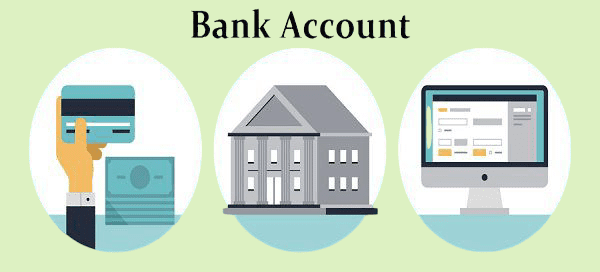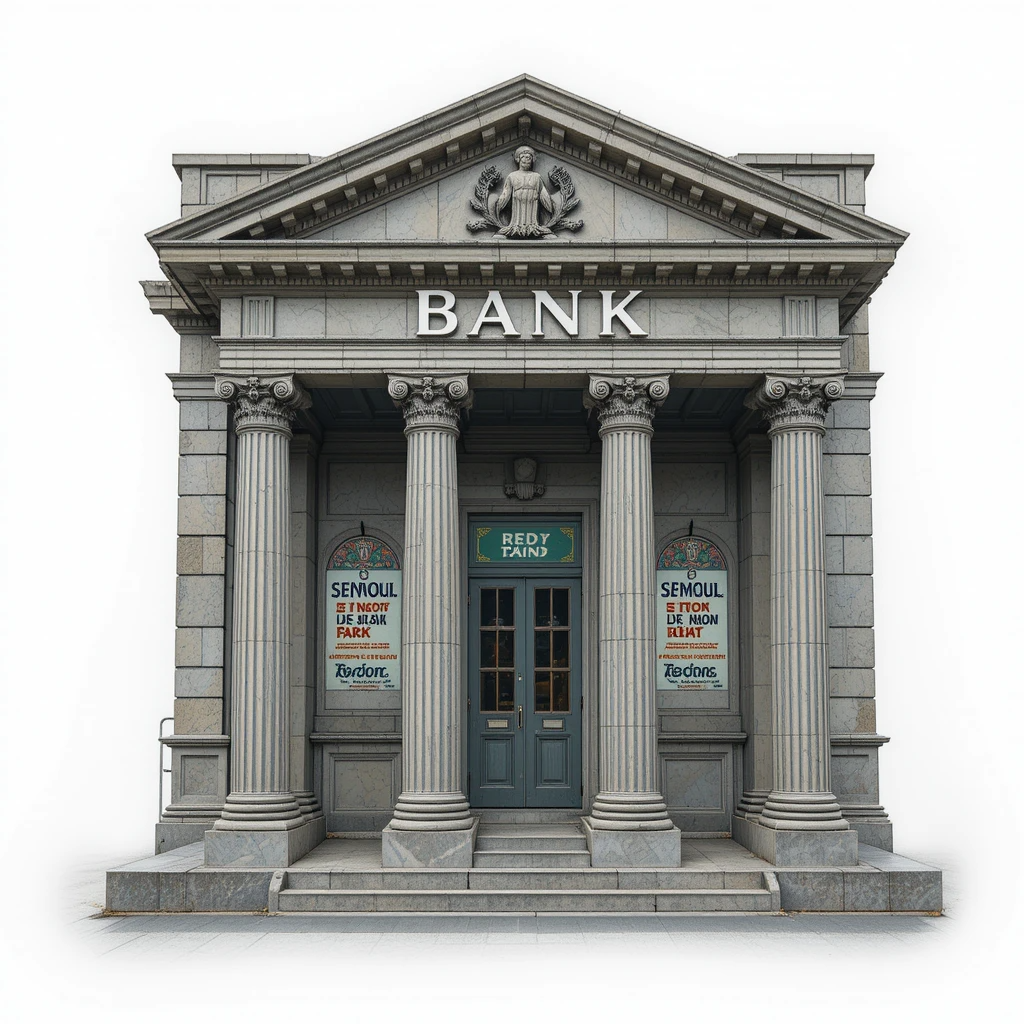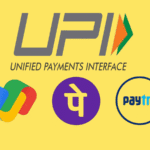- Opening a bank account is the first and most important step toward financial independence. Whether you want to open a savings account, current account, or digital account, this guide will walk you through everything you need to know about how to open a bank account in India in 2025.
📌 Why Do You Need a Bank Account?
A bank account helps you:
-
Securely store money
-
Receive salaries and government subsidies
-
Use ATM, UPI, and mobile banking services
-
Track expenses and manage savings
-
Apply for loans, insurance, and investment tools
🧾 Types of Bank Accounts in India

-
Savings Account
-
For individuals and salaried persons
-
Interest-bearing
-
Daily withdrawal limit
-
Most popular in India
-
-
Current Account
-
For businesses and entrepreneurs
-
No interest
-
Higher transaction limits
-
-
Salary Account
-
Offered by employers
-
Converts to savings after inactivity
-
-
Fixed Deposit (FD)
-
Lock-in your money for higher interest
-
Safe and secure
-
-
Recurring Deposit (RD)
-
Deposit a fixed amount every month
-
-
Digital or Neo Bank Account
-
100% online
-
Paperless KYC
-
Popular with youth
-
📝 Documents Required to Open a Bank Account

To open a bank account in India in 2025, you’ll need to complete Know Your Customer (KYC) formalities. Here’s the list of accepted documents:
✅ Identity Proof (any one):
-
Aadhaar Card
-
PAN Card
-
Voter ID
-
Passport
-
Driving License
✅ Address Proof (any one):
-
Aadhaar Card
-
Utility bill (electricity, water, gas)
-
Passport
-
Rent agreement (with verification)
✅ Passport-size Photographs (usually 2)
🖥️ Online vs Offline Bank Account Opening
🔹 Online Account Opening:
-
Visit the bank’s official website or app
-
Fill in basic details (Name, DOB, Mobile, Email)
-
Upload documents digitally
-
Do video KYC (banks like SBI, HDFC, ICICI support this)
-
Account activated in 1–3 days
🔹 Offline Account Opening:
-
Visit the nearest branch
-
Fill out a physical application form
-
Submit copies of KYC documents
-
Account activated within 3–5 working days
🏦 Top Banks to Open a Bank Account in India in 2025
| Bank Name | Features | Account Type |
|---|---|---|
| SBI (State Bank of India) | Largest bank in India | Savings/Salary |
| HDFC Bank | Best digital banking | Savings/Current |
| ICICI Bank | Fastest KYC process | Savings/FD |
| Axis Bank | High interest options | Savings/RD |
| Kotak Mahindra Bank | Zero balance | Neo savings |
| IDFC First Bank | High interest rates | Digital savings |
📱 Mobile Banking & UPI Integration

Today, opening a bank account also gives access to:
-
Mobile banking apps (YONO, iMobile, Axis Mobile, etc.)
-
UPI (Unified Payments Interface)
-
Net banking services
-
Instant transfers via IMPS, NEFT, and RTGS
These services are free, fast, and secure.
💳 Zero Balance vs Minimum Balance Account
| Feature | Zero Balance | Minimum Balance |
|---|---|---|
| Maintenance | No penalty | Penalty if balance drops |
| Who can apply | Students, PMJDY users | General public |
| Services | Limited | Full access |
Many banks in India now offer Zero Balance Accounts, especially for students and low-income groups.
🧒 How to Open a Bank Account for Minors (Below 18)
-
Joint account with a parent/guardian
-
Documents of minor + guardian
-
PAN Card is optional
-
Can be upgraded to full account on turning 18
📚 Student Bank Accounts
Students can open zero balance accounts with banks like:
-
SBI Student Account
-
Kotak 811 Student Account
-
HDFC DigiSave Youth Account
These accounts offer:
-
No monthly fees
-
ATM/debit card
-
Mobile banking access
❓ FAQs: Bank Account Opening in India
Q1. Can I open a bank account without PAN card?
Yes, but your account will have limited access. You must submit Form 60 in place of PAN.
Q2. Can I open multiple savings accounts?
Yes, but you must declare them in ITR if interest exceeds ₹10,000 per year.
Q3. Can NRIs open accounts?
Yes. NRIs must open NRE or NRO accounts with a valid Indian address and passport.
Q4. What is the minimum deposit required?
It depends on the bank. Zero-balance accounts require no deposit.
✅ Final Thoughts
Opening a bank account in India in 2025 is easier, faster, and more digital than ever before. Whether you’re a student, employee, business owner, or retiree, choosing the right bank account is essential for managing your finances.
By knowing the required documents, types of accounts, and the online vs offline process, you can avoid delays and make smarter decisions.





